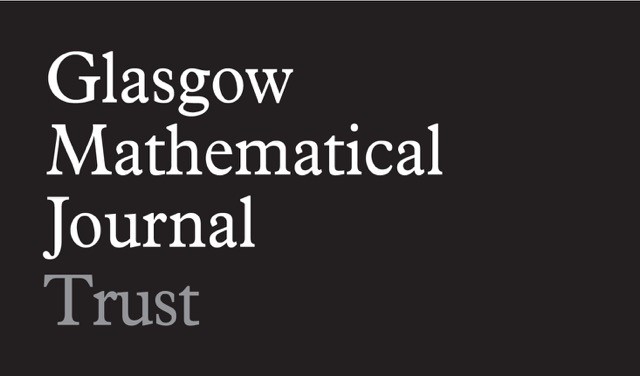Lectures will be in room TR1 on the fourth floor of the Herschel buildings (home of the School of Mathematics and Statistics, next to Haymarket) at Newcastle University.
Please let us know if you plan to stay for dinner, since the restaurant needs an idea of numbers; bearing in mind that 14th Feb is Valentine's day, we have already booked for 20, but need to be try and be accurate.
The meeting is funded by grants from the London Mathematical Society and the Glasgow Mathematical Journal Learning and Research Support Fund.


Local organiser: Andrew Duncan (AndrewDOTDuncanATnewcastleDOTacDOTuk) and Sarah Rees (SarahDOTReesATnewcastleDOTacDOTuk)